Blog
All of our Blog Posts
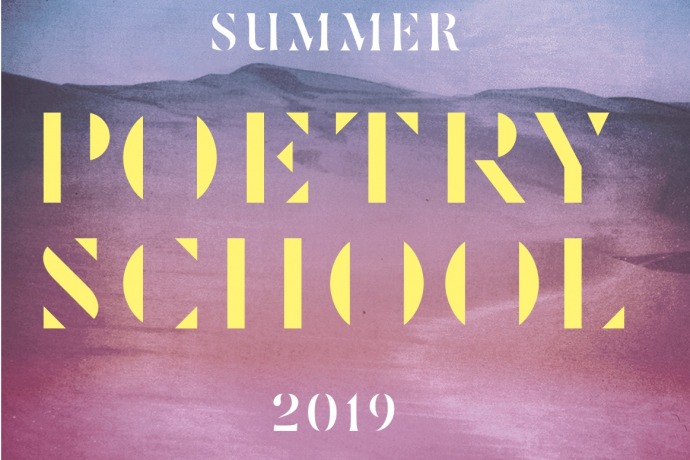
Course Quick Guide — Summer 2019
This handy quick guide to our Summer 2019 courses includes a booking link and a short description of everything we’re offering coming term! Click on a course for more information. Face-to-Face Courses London – One and Two-Day Workshops Mapping Our Lost Haunts with Jean Sprackland Rediscover the dens, playgrounds and treehouses of your childhood. Extrasensory Perceptions: Fortean Poetry with Caleb Parkin Channel poems from…
Read More
Pub Chats: Platypus Press
Welcome to Pub Chats, our series of interviews about the nuts and bolts of publishing with some of the country’s most innovative indie presses. Joining us today in our mystery spit-and-sawdust somewhere in Canary Wharf is Michelle Tudor of Platypus Press, an indie publisher of poetry, fiction & non-fiction based in England. Hello there! What…
Read More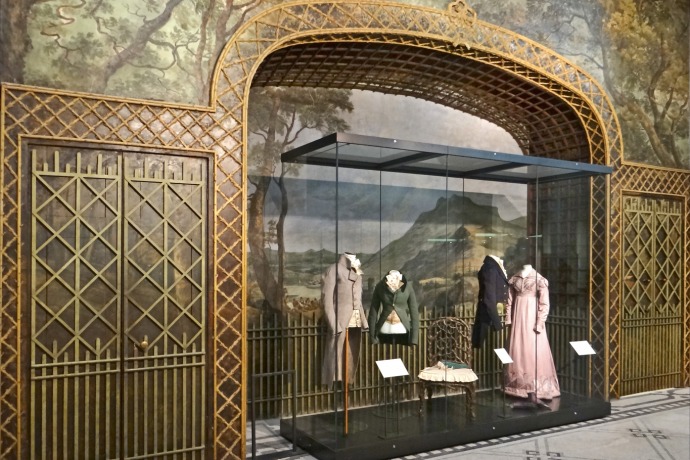
On Finding Our Why
When the Poetry School asked if I’d like to run a course of my own choosing, I asked myself what I might have needed support with at some other time. As it turns out, commissions and residencies can be transformative ways of learning about your own practice. Having undertaken a number of these last year,…
Read More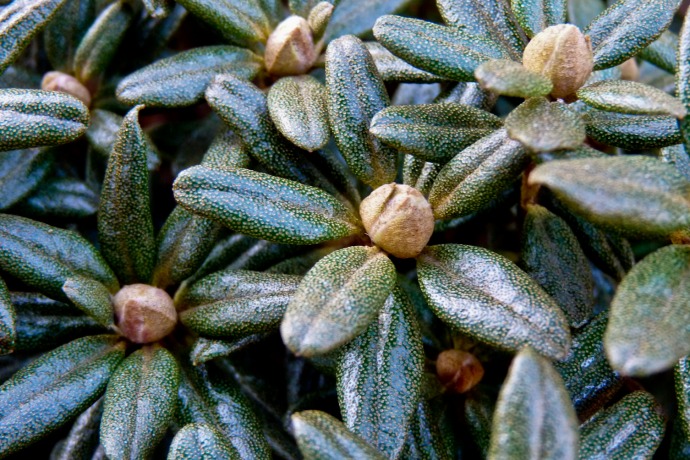
Tutor Academy – April 2019
Put a spring back in your poems’ step, and see new inspiration bloom at our brand new Tutor Academy! This spring we have collaborated with Martha Sprackland, editor at Offord Road Books, to co-curate a week of exciting half-day workshops led by ten poets who are teaching for the Poetry School for the first time. We are…
Read More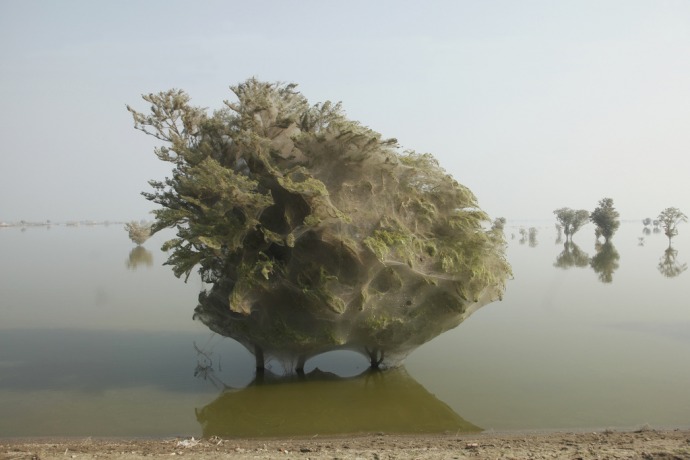
Review: ‘Us’ by Zaffar Kunial
The most impressive thing about Zaffar Kunial’s debut collection, Us, might be its willingness not to impress; to leave as slight an impression as possible. The book’s first epigraph (of two) comes from Khalil Gibran: ‘Half of what I say is meaningless; but I say it / so that the other half may reach you’…
Read More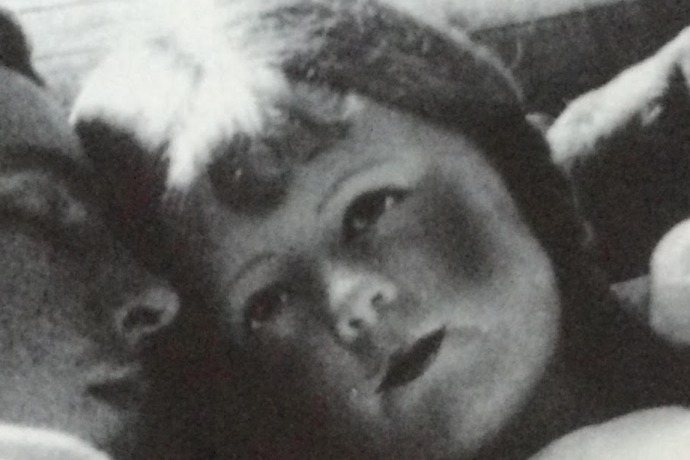
Review: ‘Fondue’ by A. K. Blakemore
‘Fondue’ must be one of the more descriptive words in the language. It summons up consistency, texture, a sense of movement, taste and smell. Even the sound of the word is evocative: the onomatopoeic glooping of ue – and borrowed from French, too. It’s certainly more suggestive than ‘melt’. It’s an appropriate title for this…
Read More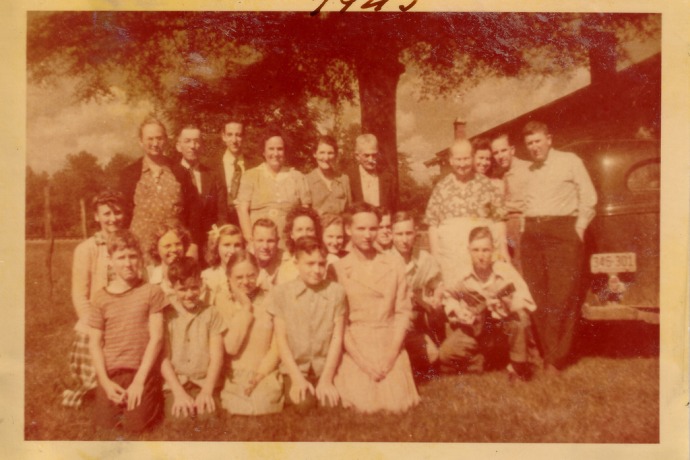
Family, Politics and Poetry: What Ties Them All Together?
With the holidays been and gone, family is on my mind. I haven’t been ‘home’ for Christmas – that is back to America – for nine years. When I was a kid, my brother and I were given rules on the day – things we should and shouldn’t say. My Dad knew not to drink…
Read More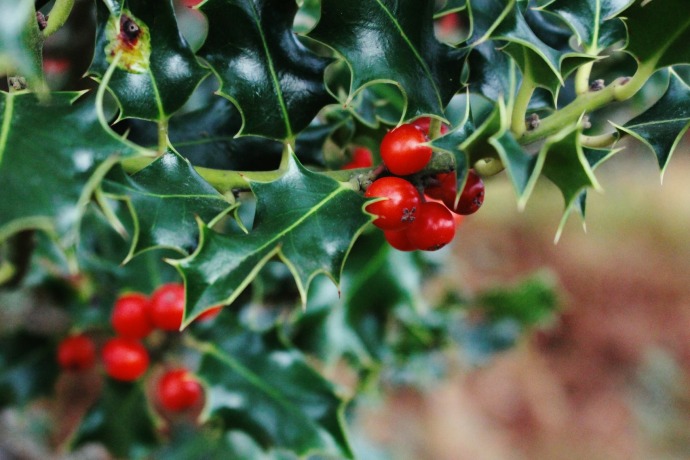
Poetry School Books of the Year 2018
It’s been a superb year for ‘little shapelets’ and their ‘sprinkling of white space’. Funny, painful, complex, adventurous, elegiac, innovative, insightful and enduring, the books we have chosen to celebrate here represent just a small selection of the marvellous work we have read and loved over the past twelve months. Below, in alphabetical order, you…
Read More
Why the sonnet?
Why the sonnet? Because it is one thing. Because it is many. First of all, the many. Petrarch in the late Middle Ages, Terrance Hayes in Trump’s America, Camões, Shakespeare, Goethe, Baudelaire, Lorca and thousands of other poets across the centuries in their different cultures and languages: who would pretend that their poems are anything…
Read More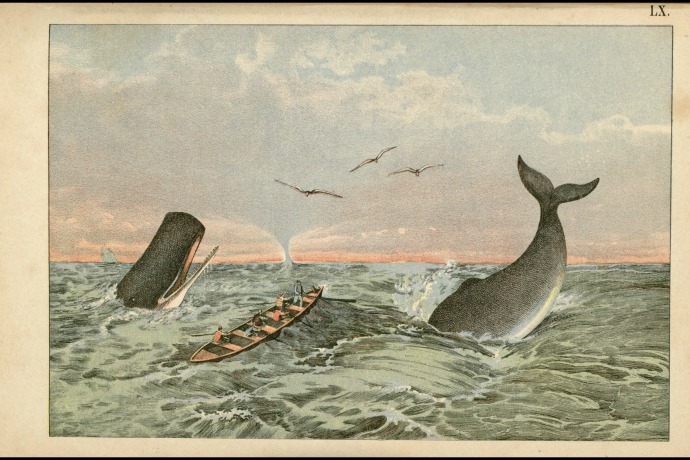
Review: ‘Their Lunar Language’ by Charlotte Eichler
Charlotte Eichler’s debut pamphlet Their Lunar Language opens on a wryly prophetic note: ‘We knew everything, playing oracle on the carpet. / Saturdays crawled with our ladybird circus – ’ – lines which capture something of humanity’s uneasy assumptions of power over the natural world. Vahni Capildeo has described Eichler’s poems as ‘modern pastoral’ and…
Read More
Interview with Mark Waldron
Maria Lewandowska interviews poet Mark Waldron, author of The Brand New Dark (2008), The Itchy Sea (2011), and Meanwhile, Trees (2016), who will be teaching the Advanced Poetry Course at Poetry School next term. Maria Lewandowska: What are your plans for the workshop, and what do you want to focus on with your students?…
Read More
The Poet’s Bookshelf
What book can no poet do without? That’s the question we ask every poet who teaches or writes for us. The Poet’s Bookshelf is a fantasy library containing one title – poetry or prose – recommended by each and every poet who comes through our doors. If you’re stuck for inspiration, why not have a…
Read More
Pub Chats: Verve Poetry Press
In the latest interview in our Pub Chats series, we sat down for an imaginary 8am pint with Stuart Bartholomew of Birmingham’s Verve Poetry Press, sister press of the successful Verve Poetry Festival. Hello there! What are you drinking? I am scarily varied on drinks (a bit like I am with poetry). White Wine, Guinness,…
Read More
Review: ‘Insistence’ by Ailbhe Darcy
The most incisive critical response I’ve encountered to Ailbhe Darcy’s recent work was when I posted a link to the first poem from Insistence on Twitter and Dominic Leonard replied saying ‘wow holy fuck’. That seems about right. It’s not that that poem, ‘Ansel Adams’ Aspens’ (which refers to Ansel Adams’ photos of, yes, aspens,…
Read More
Review: ‘Working Class Voodoo’ by Bobby Parker
While Working Class Voodoo knowingly writes into and through traditions passed down from Anne Sexton, Robert Lowell and other ‘confessional’ writers, Bobby Parker is, emphatically, a poet of his own, disrupting what we expect from the lyric ‘I’. Working Class Voodoo provides the uncomfortable yet absolutely indispensable vantage of being a moth in the carpet…
Read More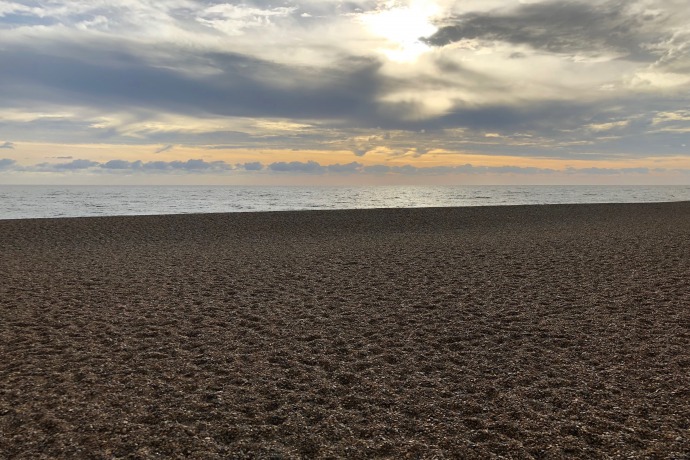
Poetry in Aldeburgh Weekend Round-Up
‘Magical’ is not a word I often use to describe an experience, but my first visit to Poetry in Aldeburgh was certainly that. The town’s location on a gorgeous shingly beach, the soft, early November light we were blessed with for most of the weekend, the cosy pubs we’d head to in the evening for…
Read More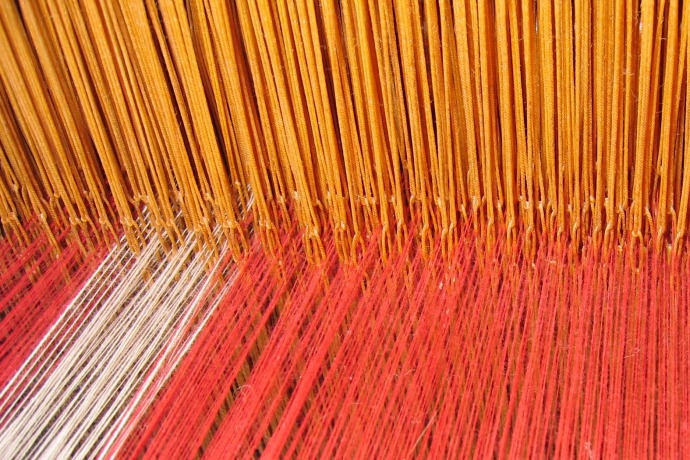
Review: ‘Waitress in Fall’ by Kristín Ómarsdóttir, trans. Vala Thorodds
Waitress in Fall is a career-spanning collection of Kristín Ómarsdóttir’s work, comprising 30 years’ worth of poems, selected and translated by Vala Thorodds and published by Carcanet & Partus. These poems by Kristín†, taken from her seven collections and presented chronologically, follow the likes of Selima Hill and Eileen Myles in conveying the quieted desires,…
Read More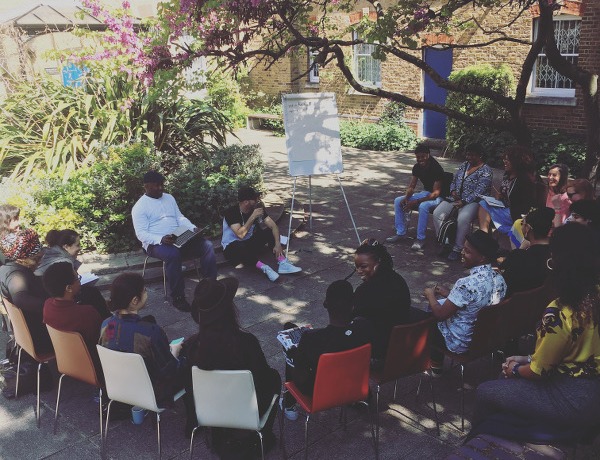
Help Poetry School fund places for our talented students
Poetry School is dedicated to enabling everyone to take part in our courses. Some of our wonderful students need the help of our bursary scheme or concessions to participate. In order to ensure that we can support them in this way, we are aiming to raise funds committed to these poets… And you can help…
Read More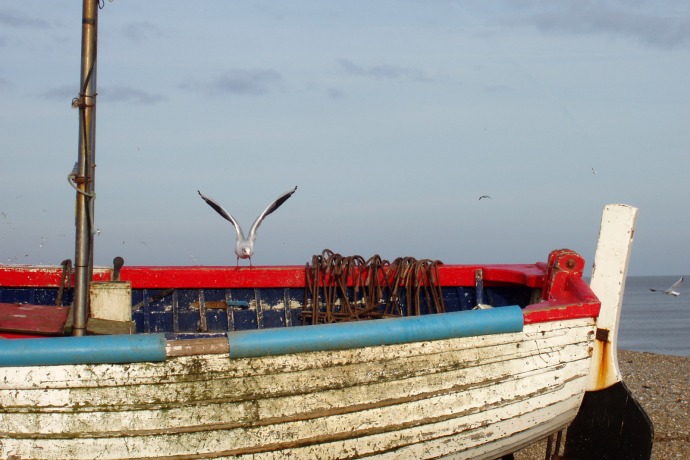
Poetry in Aldeburgh Round-Up
Friday Aldeburgh is a lovely seaside town lined with little shops, bakeries and cafés. As one of the poets, I was lucky enough to stay at Elizabeth Court, the artists’ accommodation, which was entirely booked for the festival. How often do you run into poets in the corridor or meet them while making breakfast in…
Read More
Review: ‘I CAN’T WAIT FOR THE WENDING’ by Wayne Holloway-Smith
I CAN’T WAIT FOR THE WENDING (Test Centre) is a startingly imaginative non-linear collection of poems by Wayne Holloway-Smith. Published on unbound, unpaginated sheets in a box instead of a book, the page becomes a playground redrafting the boundaries of expectation. The curious title is taken from a misspelt line written by Holloway-Smith’s daughter, setting the…
Read More
’25 minutes on the elliptical’
My body slowed in voluntary, wilful suspended animation / like thought / I am waiting / on the cross-trainer Window fly in front / you are dead / which is a kind of waiting Arms and legs snapping towards each other / like rows of teeth in a great big mouth Do…
Read More
Come Back Early: Revisiting and Revising
This past year or so I’ve been moving house more than is usual. A combination of short-term jobs, travel, and parental flitting has meant that, since late last summer, I’ve had to recalibrate my thoughts about my possessions, my relationships with material objects and with (literal) baggage. Some former objets d’art, treasured through the years,…
Read More
Pub Chats: Seren
Pub Chats is back! After an extended hiatus, the Poetry School’s long-running series of interviews with indie publishers returns with a fresh round of innovative small presses. First to join us in our imaginary theatre pub somewhere in London’s docklands is Rosie Johns, Marketing and Communication Officer at Seren. Hello there! What are you drinking? Rosie: You…
Read More
Pub Chats: Holland Park Press
Pub Chats is back! After an extended hiatus, the Poetry School’s long-running series of interviews with indie publishers returns with a fresh round of innovative small presses. Joining us today in our imaginary theatre pub somewhere in London’s docklands is Bernadette Jansen op de Haar of Holland Park Press. Hello there! What are you drinking? Bernadette: A…
Read More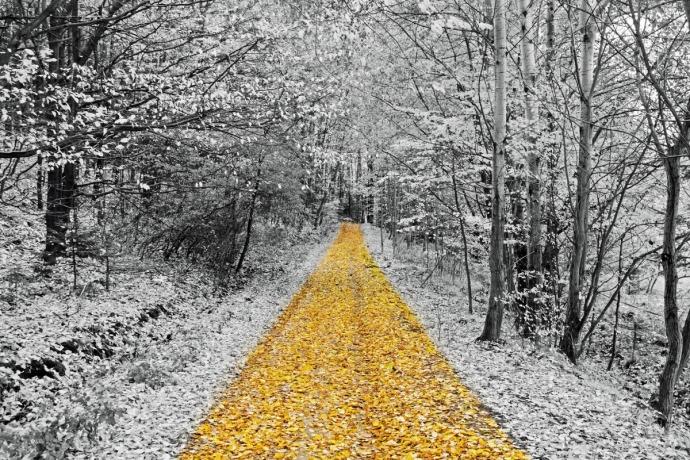
A Dweller on the Plains: the Poetry of Walking
I haven’t always loved walking. As a child, I saw it as an unnecessary distraction from reading. It was only when I lived in central London and could walk everywhere that I started to enjoy it as a mode of transport. I walked back home from events in the evening, noticing the vivid flashes of…
Read More